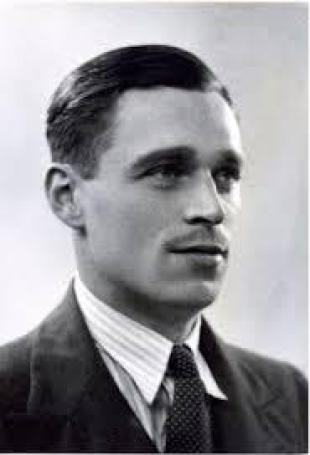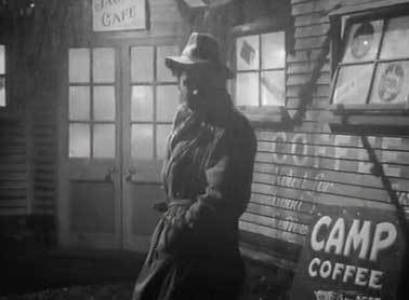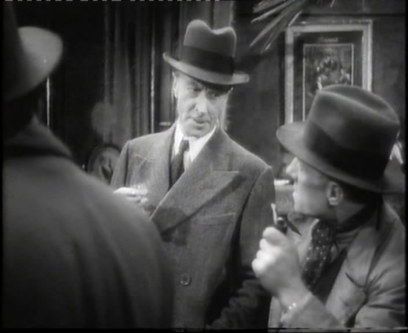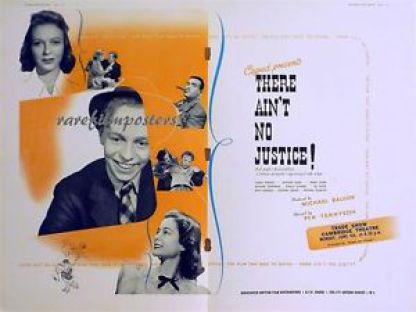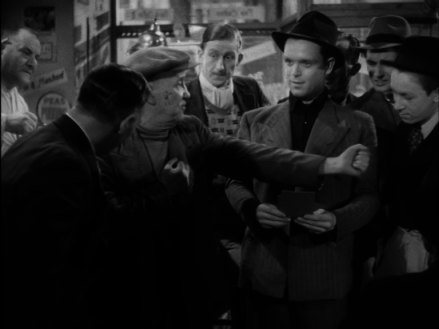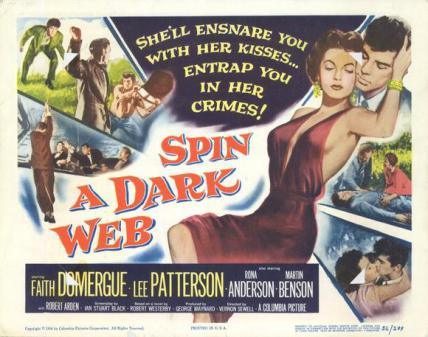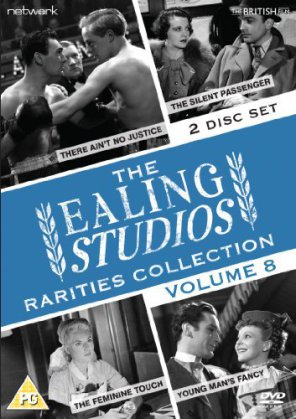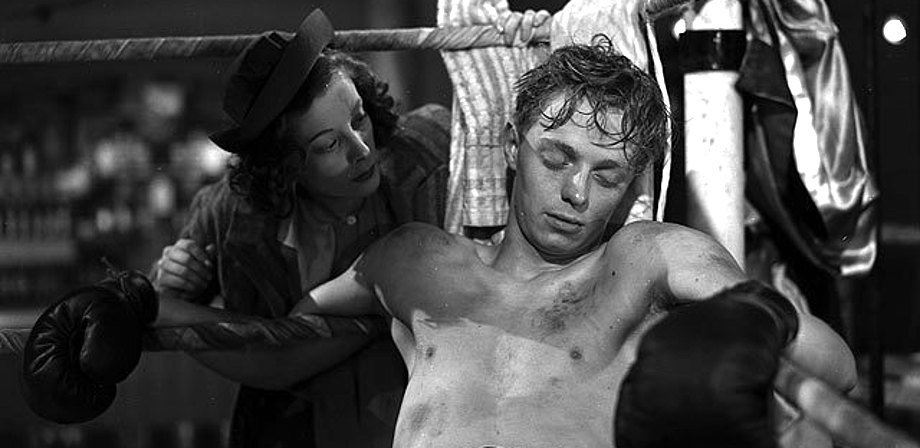
JAMES CURTIS AND LOW-LIFE FILMS
There were a number of writers who came to prominence in the mid-late 1930s, who have only recently been rediscovered after often many years of obscurity. London Books have recently published some of the novels of these writers, principally James Curits (left), Gerald Kersh, and Robert Westerby.
Curtis' four main pre-war novels - The Gilt Kid (1935), You're in the Racket Too (1937]) There ain't no Justice (1937) and They Drive by Night (1938) - provided obvious source material for films, although it was the latter two that were filmed immediately.
Kersh's most famous novel was Night and the City (1938), best known now for having been filmed with Richard Widmark in the main role, although not until 1950, but Westerby's 'Wide Boys don't Work', published in 1937, had to wait almost 20 years before being filmed as 'Soho incident' (known in the US as 'Spin a Dark Web'), but by then it had lost all its force and suffered from being taken out of its 30s milieu.
They Drive by Night is one of the few successful adaptations of the low life school of writing, partly because the censorship rules of the time emasculated so much of the plot and detail of such novels. Although the more sordid details of the book had to be toned down, the vitality and tense 'man-on-the-run' imagery remained. Emlyn Williams plays 'Shorty' Matthews, just out of prison, who decides to visit his girlfriend, only to find that she has been murdered; given the fact that he is an ex-con, and with another convict, Allen, having just been hung even though he was supposedly innocent, 'Shorty' decides immediately not to go to the police but he is seen by the landlady:
The main differences between book and film are that, firstly, the more disagreeable elements of the story have been removed or toned down, as stated above (the women are now dance hall hostesses, rather than prostitutes), and secondly, we are taken inside the real killer's head in the book, whereas in the film, as portrayed by Ernest Thesiger (right), he actually meets up with Shorty and a friend of Alice's, Molly (Anna Konstam), who has come to believe in his innocence, and the ending is rather cliched and ordinary.
The film does however capture the atmosphere and flavour of the book, with its backdrop of truckers' caffs, dance halls and rainy nights, as in this scene as Shorty gets a lift from Wally Mason (Allan Jeayes):
There ain't no justice, produced by Michael Balcon and directed by Pen Tennyson, suffers from a similar problem; the plot of Curtis' novel could hardly have been filmed as written, as partly it relates to the sister of the main character (Tommy Mutch) having to have an abortion (completley prohibitive in the 1930s), and the boxing and fight scenes are also toned down (although the boxing scenes are not bad at all for the time, although admittedly not quite in the Raging Bull class). The corruption of the boxing world though, which Curtis highlights, is, perhaps surprisingly, left intact, as can be seen in this scene:
In some respects though, this is inevitably a sanitised version of Curtis' low-life vision: whereas in the book Tommy becomes involved with a prostitute (hitting her in the face at one point) in the film he has a 'nice' girlfirend who wants him to stop boxing; and in the book, as mentioned above, he tries to arrange an abortion for his sister Elsie, whilst in the film version her boyfriend (Michael Wilding) steals money from her employer and Tommy has to fight on to raise the money to pay him off so that Elsie won't get into trouble.
And whereas the book ends bleakly, with Tommy simply continuing to fight in what he knows is a corrupt business, in the film it all comes out alright in the end, in an ending more suited to a George Formby film than a Curtis novel, with Tommy giving up the ring for his girlfriend.
Arguably the best of the low-life novels is Robert Westerby's 'Wide Boys don't work' (supposedly the first use of the term), published in 1937, which tells the story of Jim Bankley, living at home with his brother and father and working with them at the same car factory in the Midlands, before he gets drawn into the criminal underworld of easy money, loose women and casual violence in London. it could probably never have been filmed at the time, but the film that was eventually made from the source, 1956's Soho Incident, bears very little resemblance to the original novel and in fact is quite a forgettable film (well I've forgotten it anyway).
It would not be until the 1960s that the censorship rules were relaxed enough to allow a more truthful portrayal of the criminal underworld in these novels to be shown, and by then Curtis and the others had long since been forgotten (Curtis himself died in 1977, having only published one post-war novel, in 1956). Now that an author like Patrick Hamilton has been rediscovered, it is good to see that these books are being republished for a new audience ('There ain't no Justice' was only published this year, in 2014) but there is still some way to go, with 'You're in the racket too' still unavailable for example. I recently emailed London Books to ask if there were any plans to publish the latter novel, but rather disappointingly (not to mention discourteously) didn't receive a reply.
There ain't no justice is available as part of the Ealing Studios rarities Collection (Vol 8, see left), whilst They Drive by Night can be seen in its entirety on youtube here: \https://www.youtube.com/watch?v=t-KpJzFl8BM
I've written at length about the adaptation of Kersh's 'Night and the City' elsewhere on this website, whilst Soho Incident/Spin a dark web should be available to buy on DVD but I can't see where at the moment.
London Books (www.londonbooks.com) are the best place to find the novels; hopefully they will republish 'You're in the racket too' and Curtis' other pre-war novel 'What Immortal Hand' in the not-too-distant future (but see above, they haven't responded to my query on this).
The picture at the top shows Jimmy Hanley as Tommy Mutch in the 1939 adaptation of Curtis' There ain't no justice'
